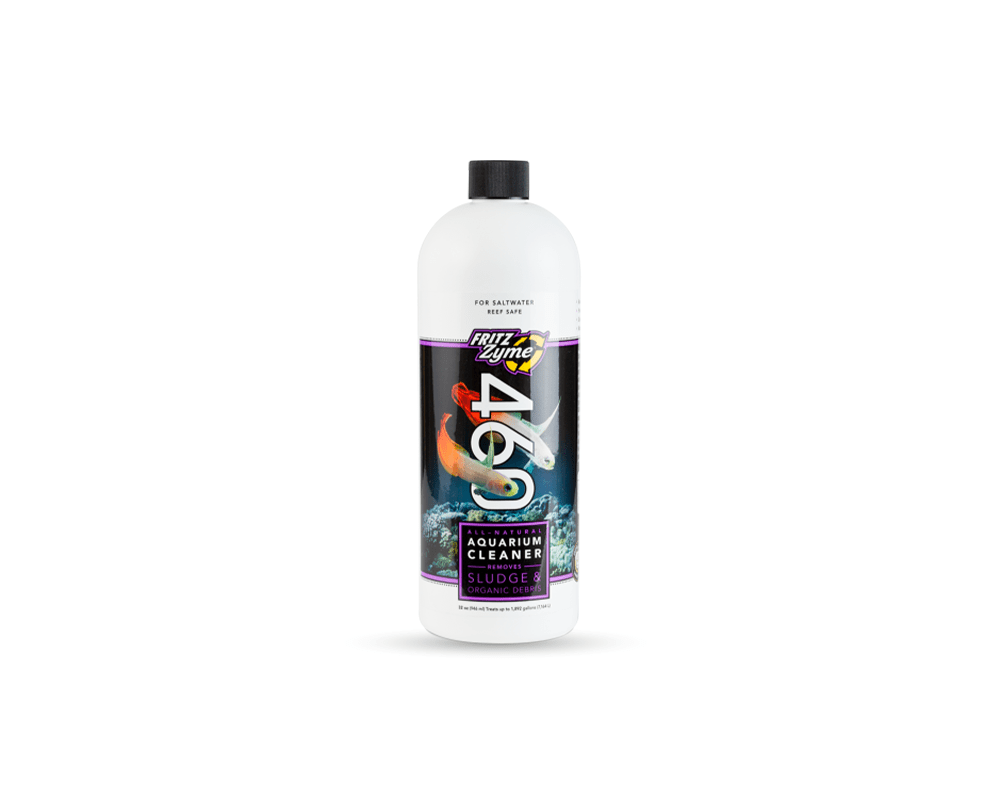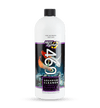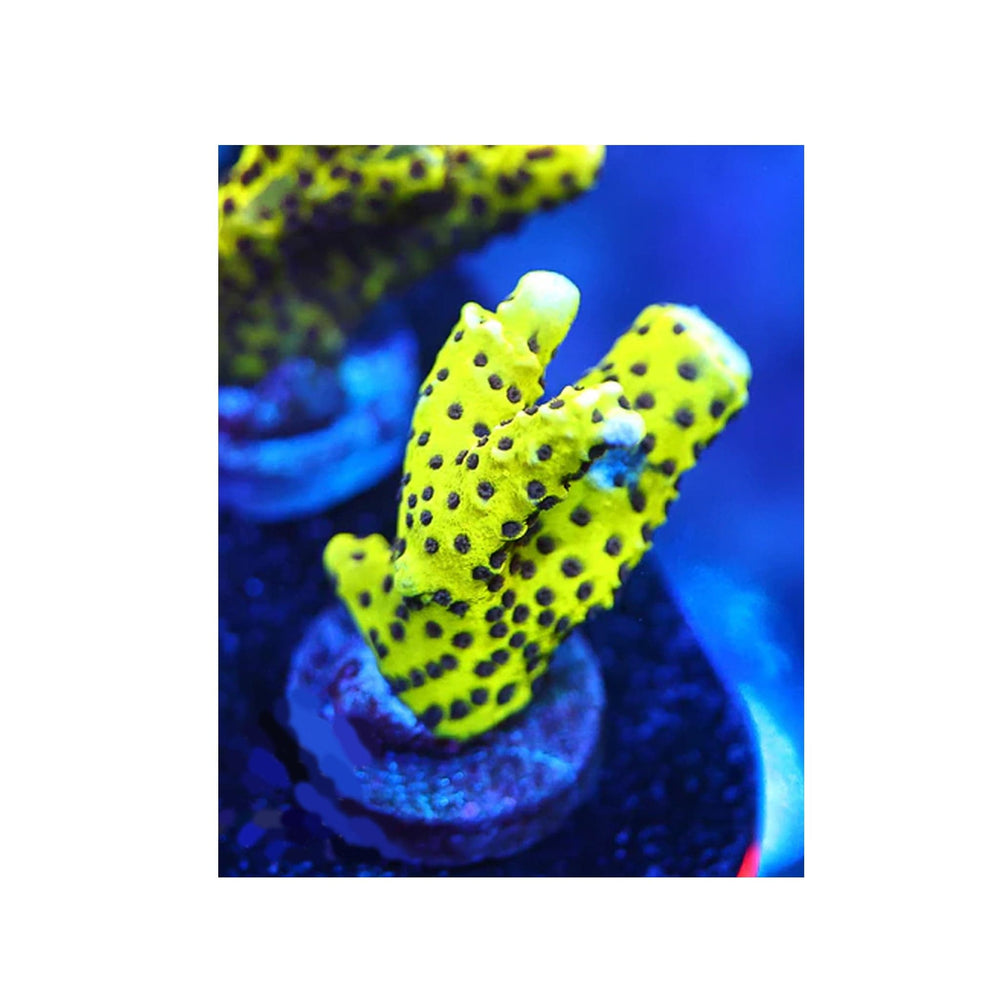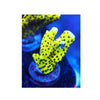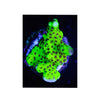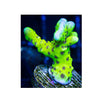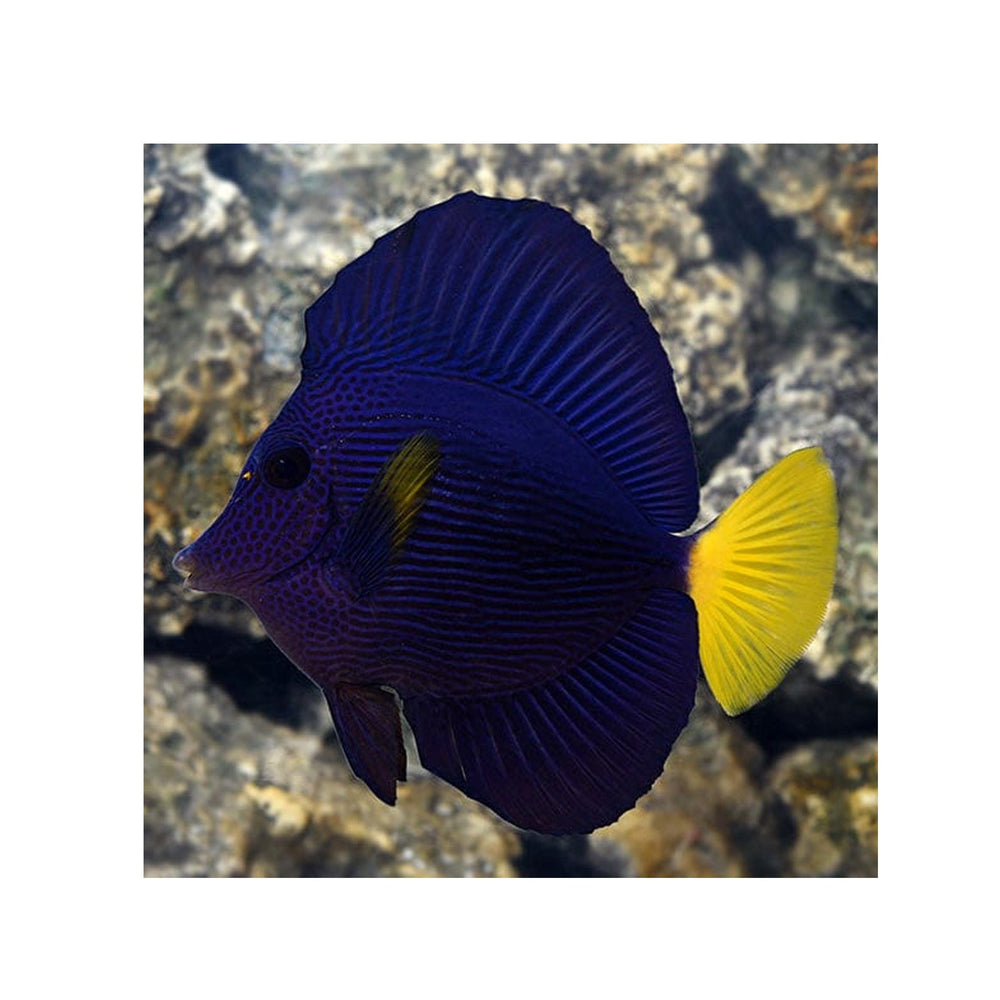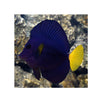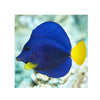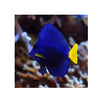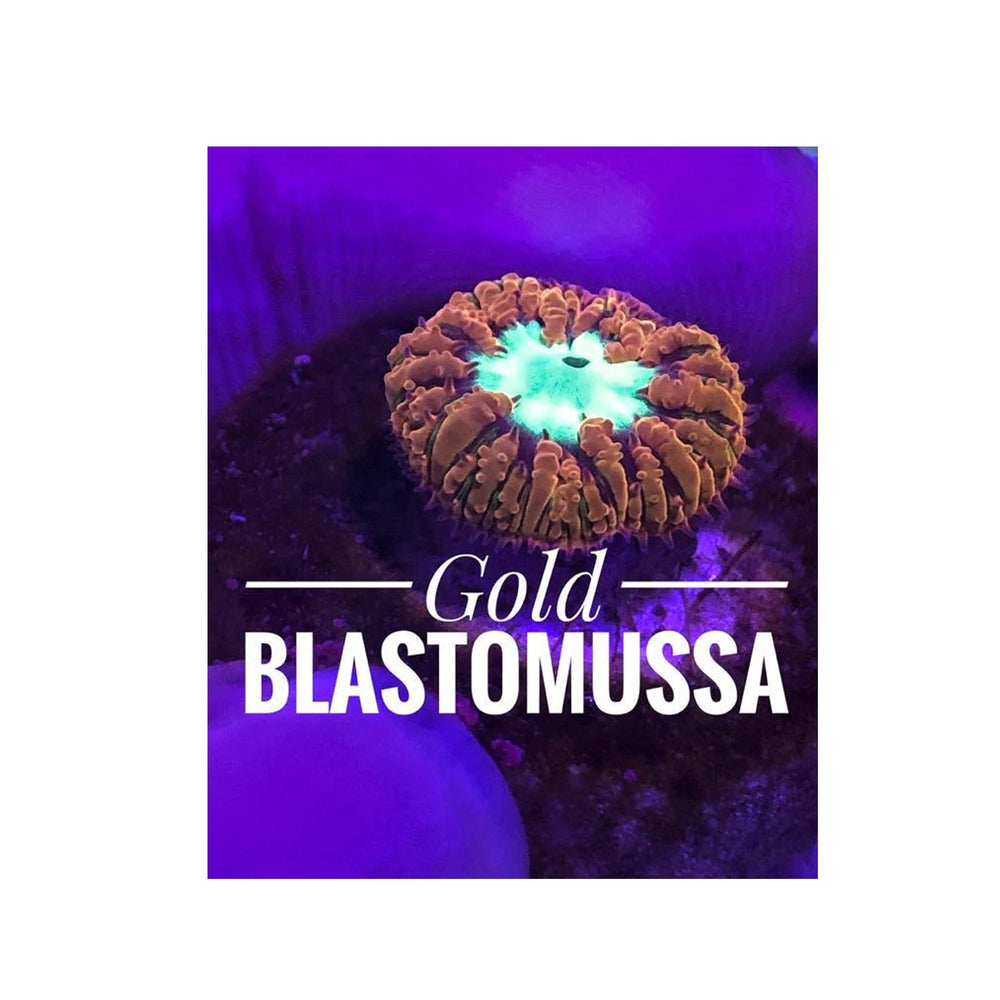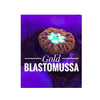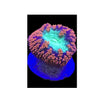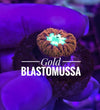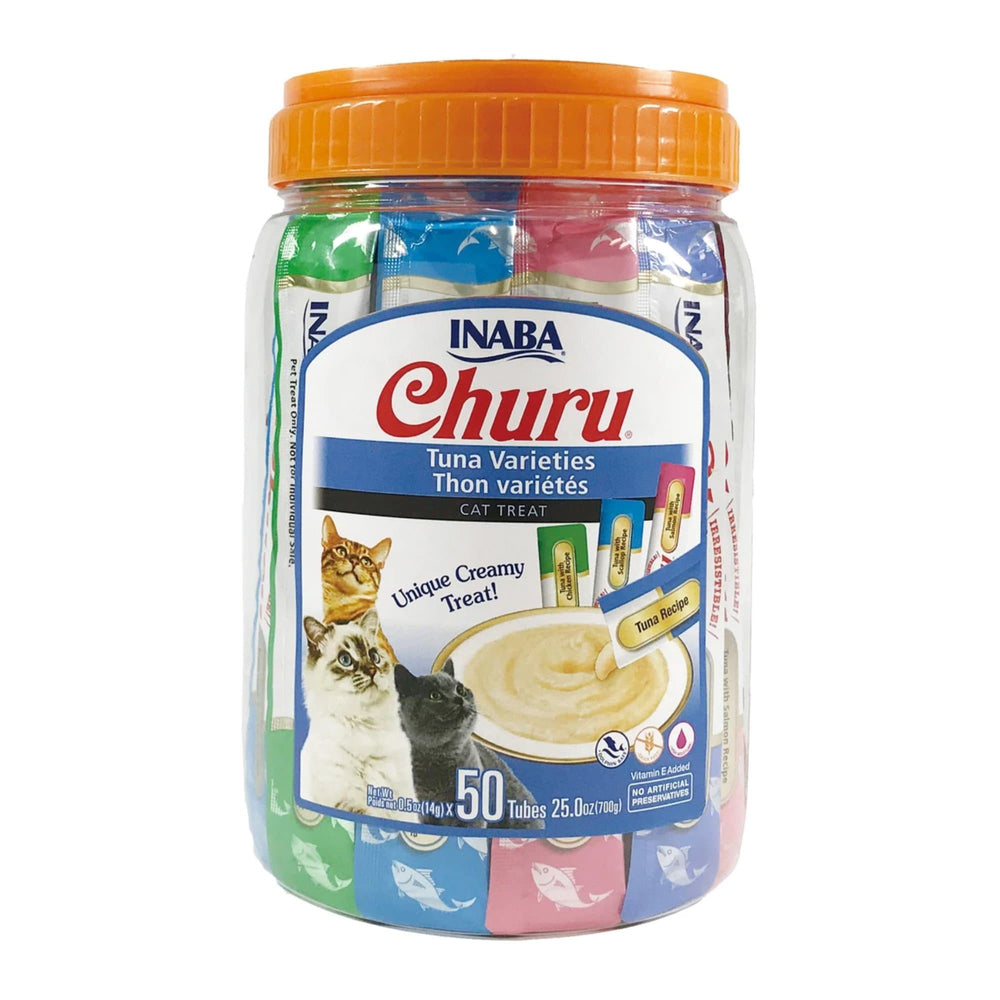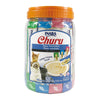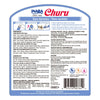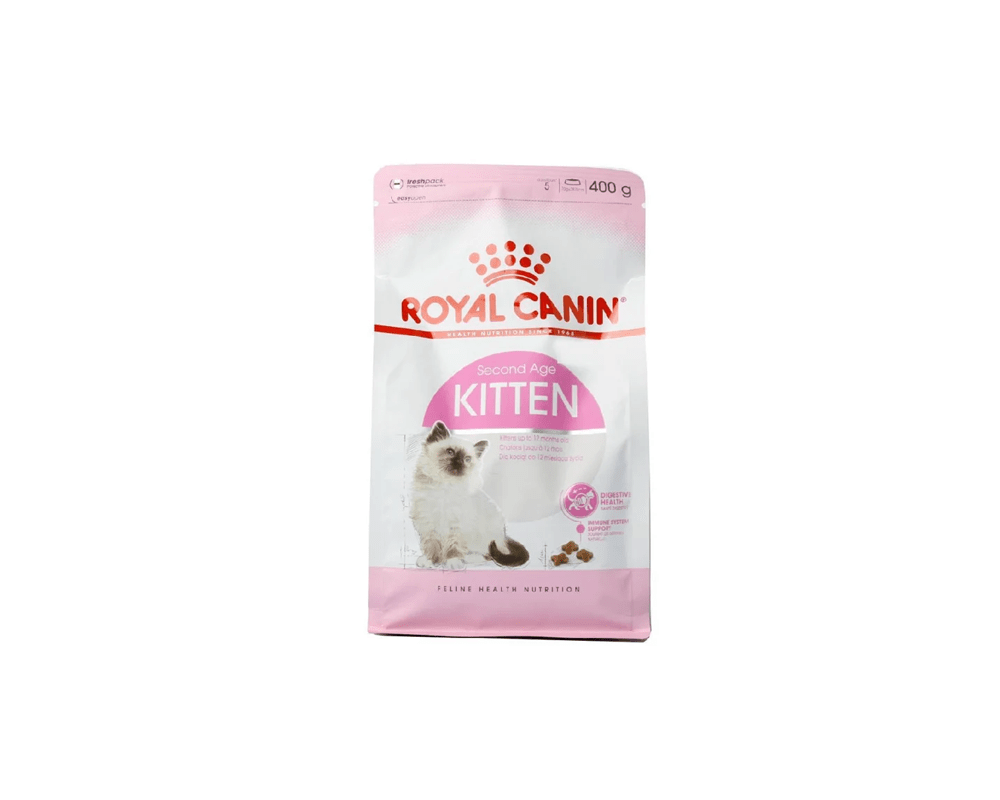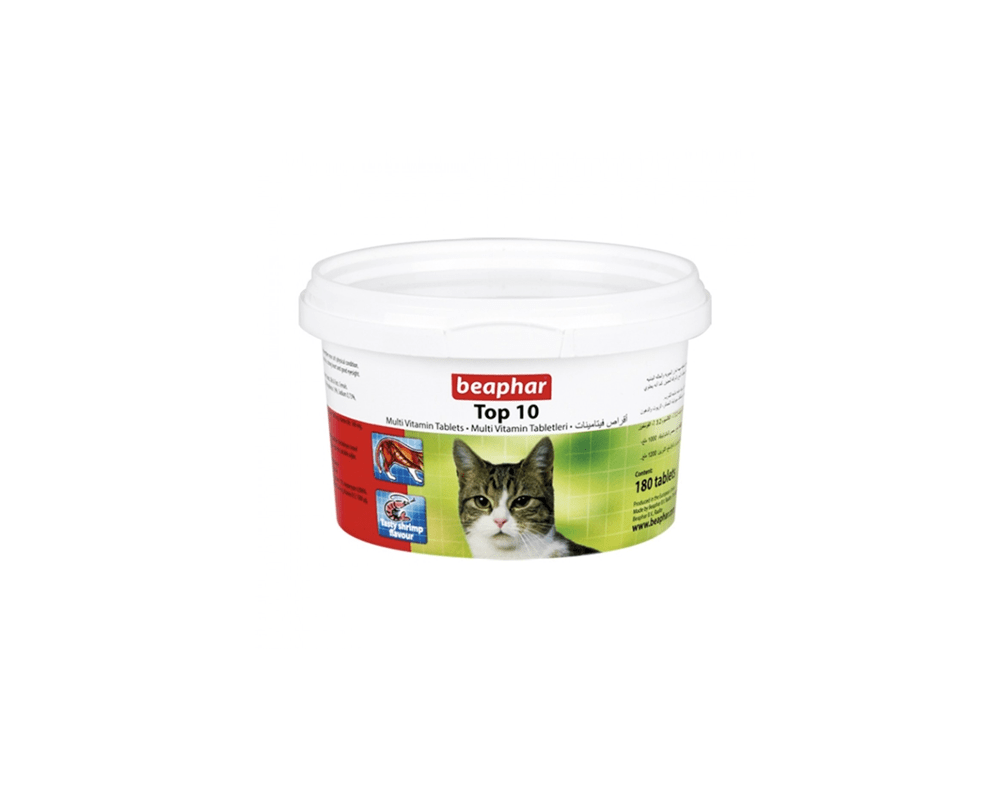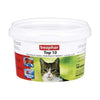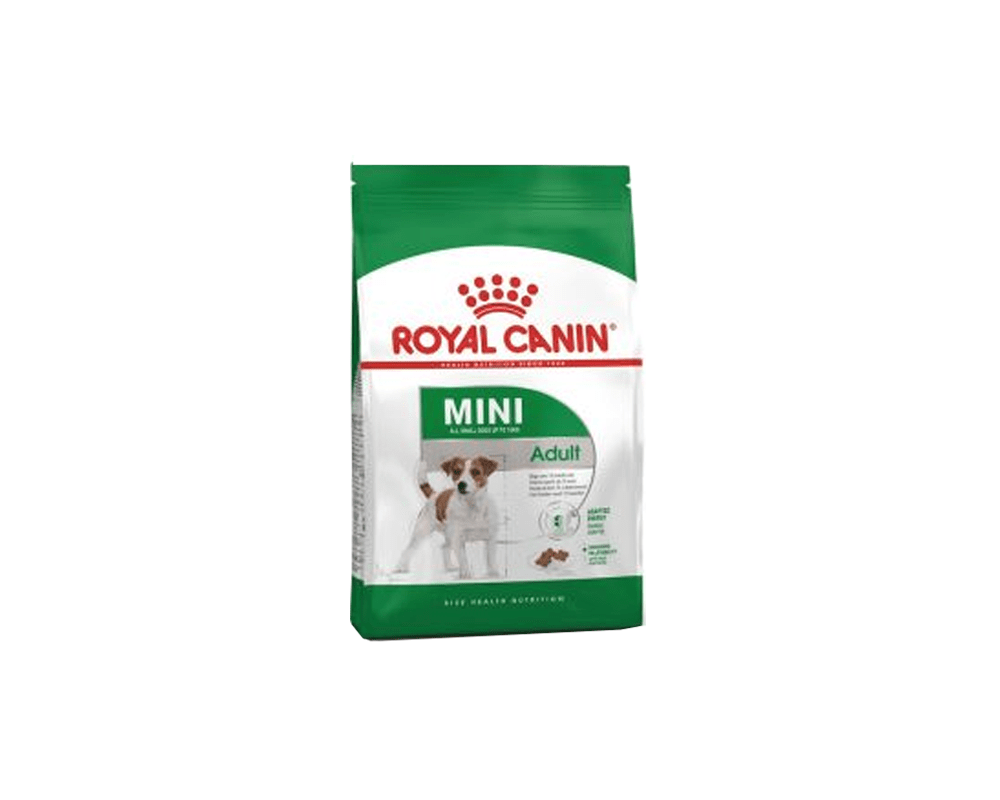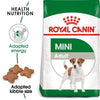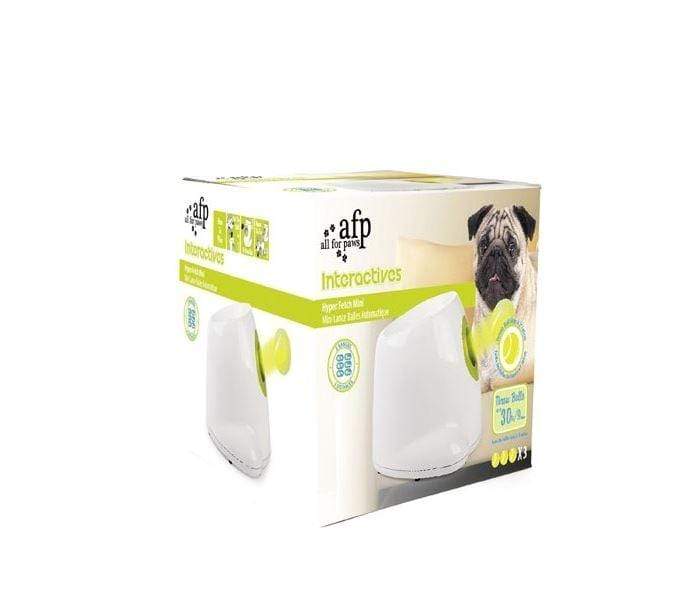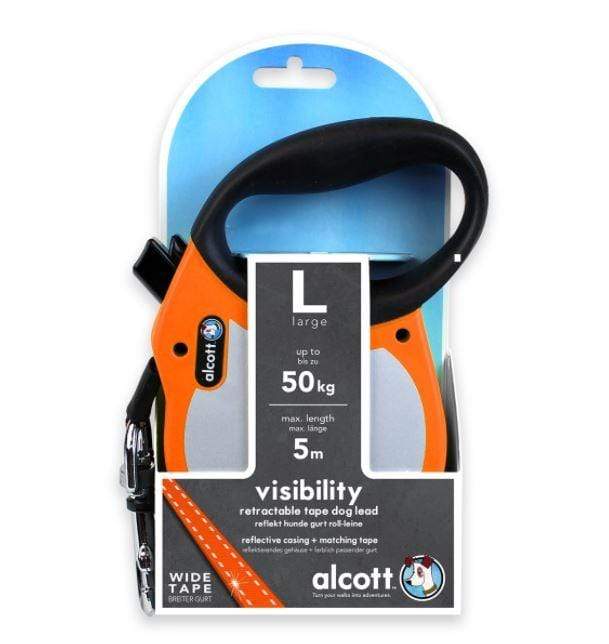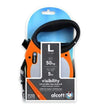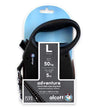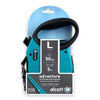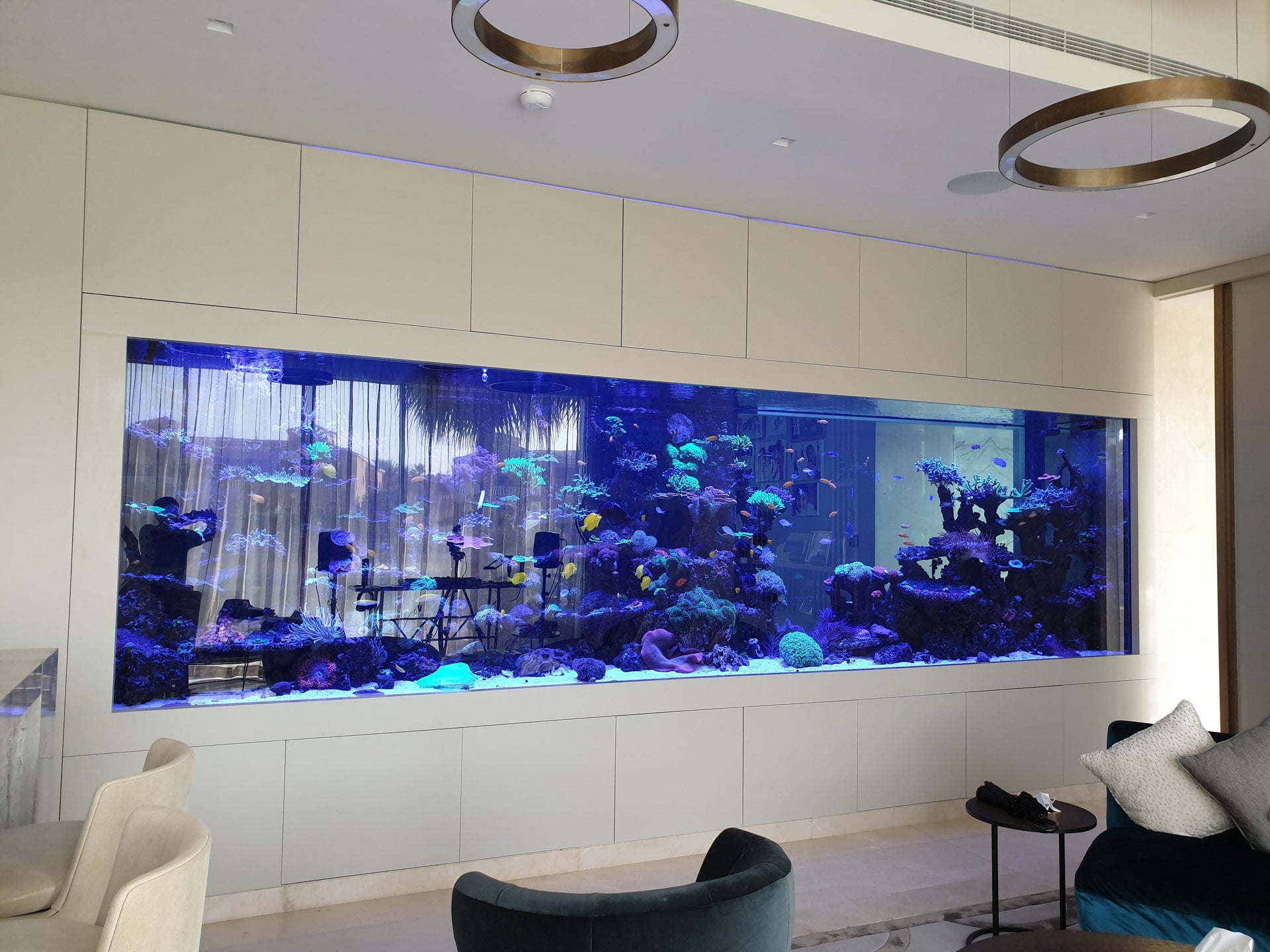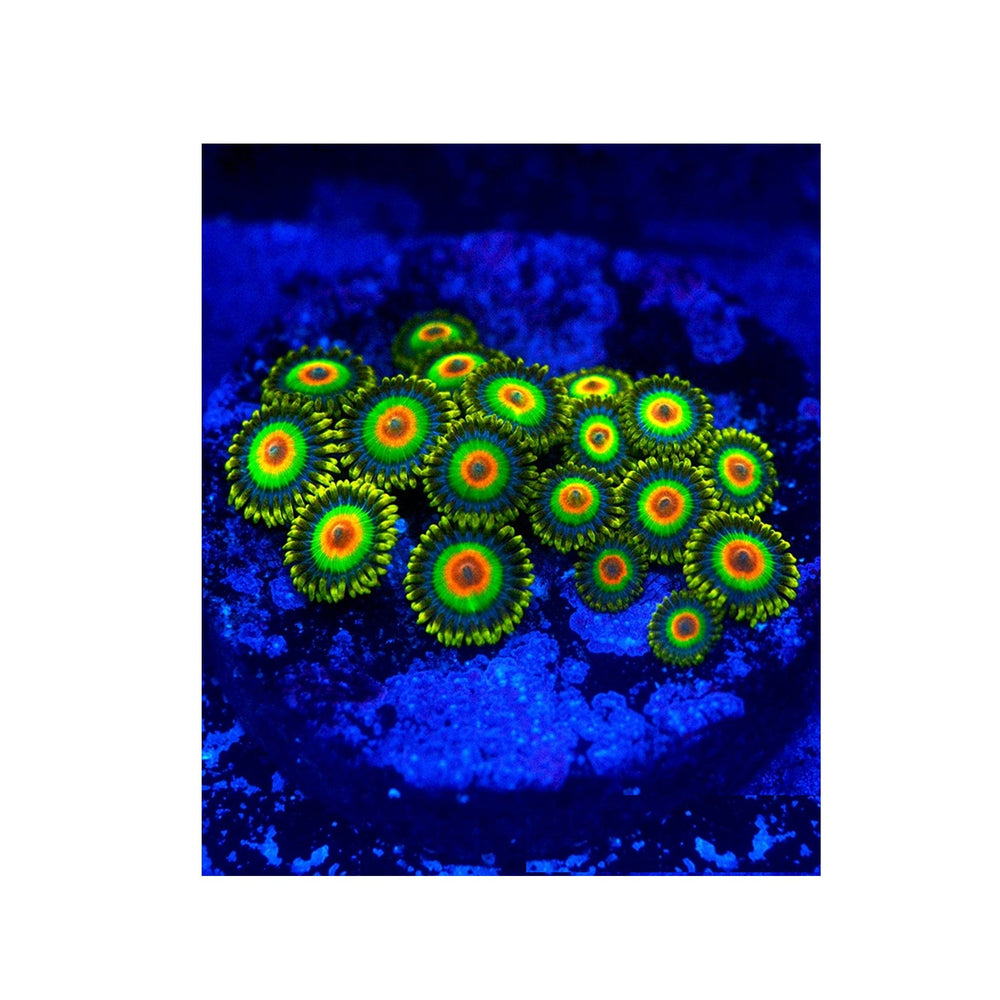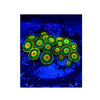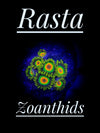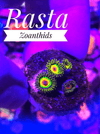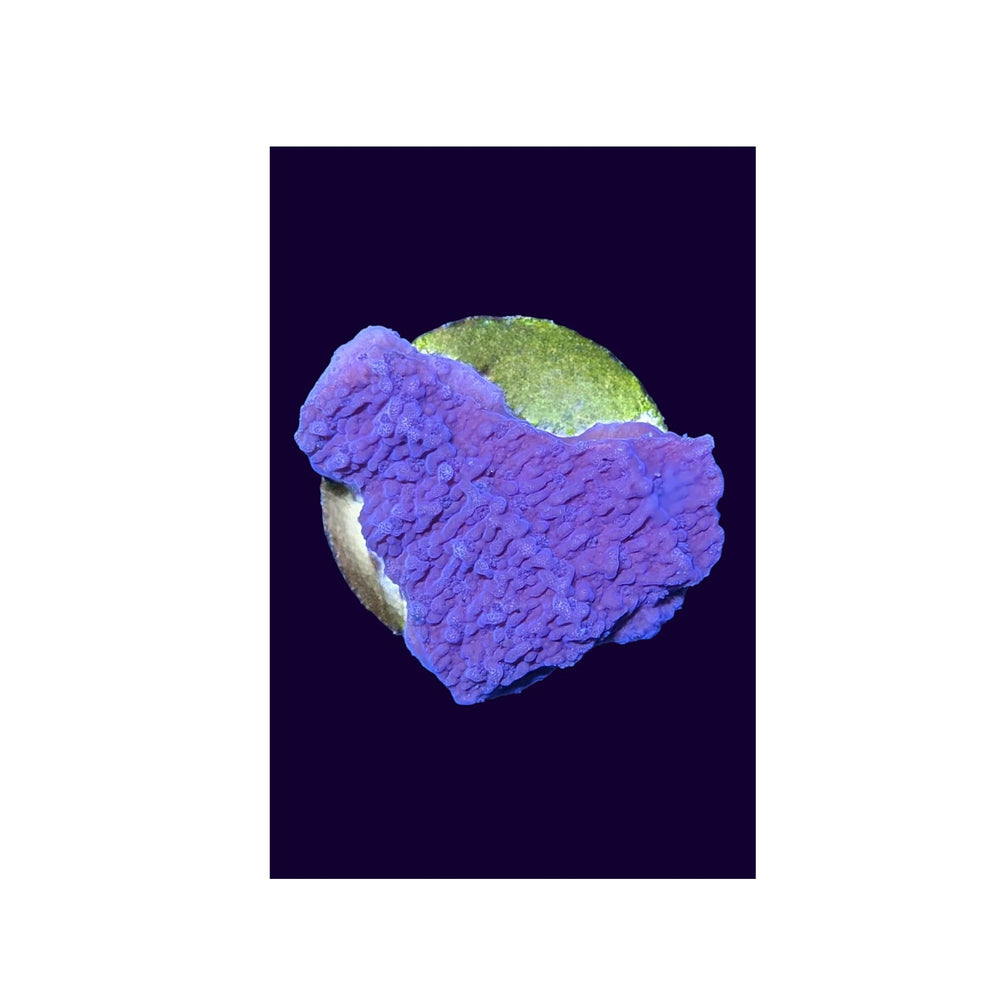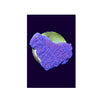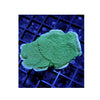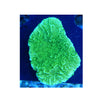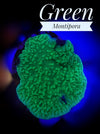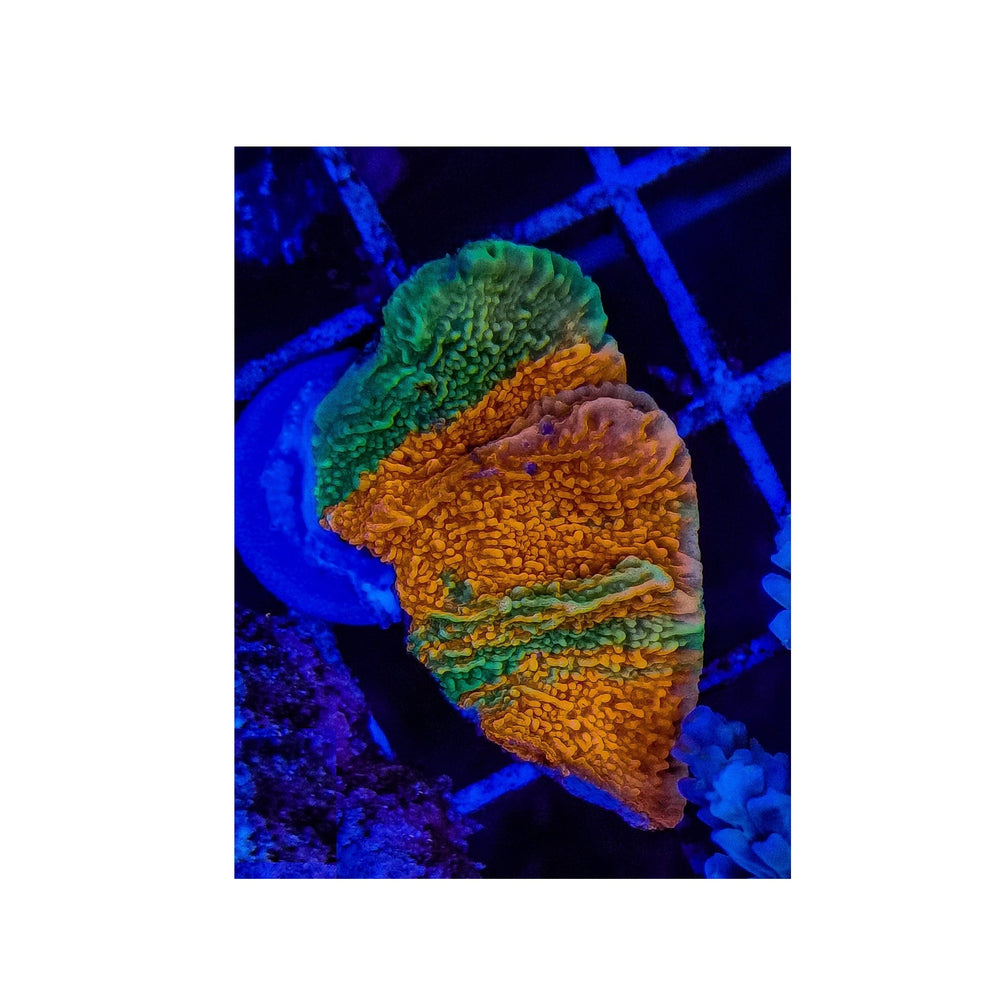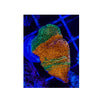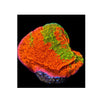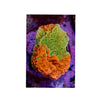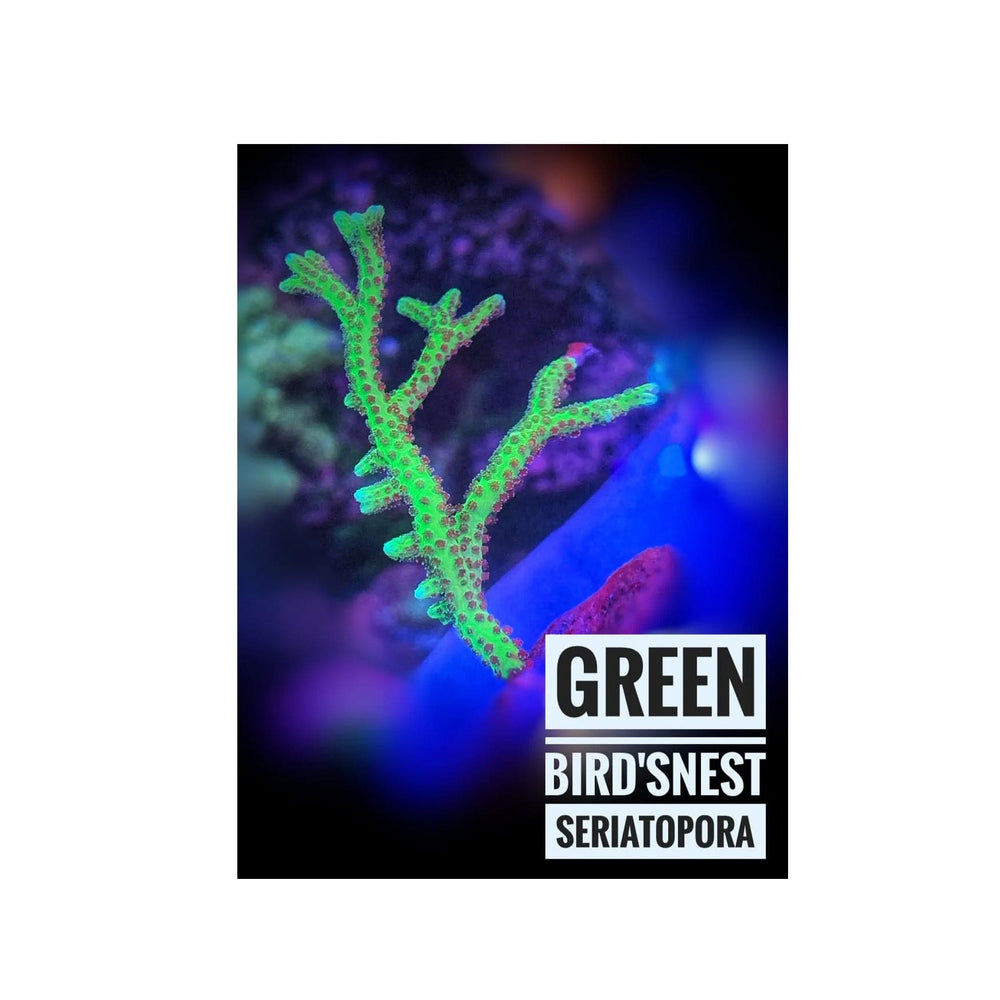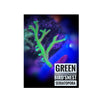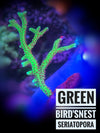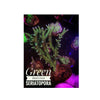Duncans are very easy to keep and great corals for beginners. Healthy Duncans have fleshy heads and are usually open. They require medium light and medium flow but can tolerate higher flow. We recommend placing them on low-lying rocks or middle-shelf rock work. Although Duncans have tentacles, they do not extend out far from their base. They are considered peaceful and their tentacles do not sting. Also, Duncan coral (Duncanopsammia axifuga), also known as branched disc coral, whisker coral, or duncanops coral, can be an appealing addition to many reef saltwater aquariums. Boasts vibrant purple tentacles that retract when disturbed, but otherwise remain extended day and night.
How to Care for Your Duncan Coral
Like other corals, Duncan coral contains zooxanthellae symbiotic algae within their tissues that provide most of their food source. In order to function properly, their algae need adequate lighting. In the coral light spectrum, Duncan corals require low to moderate full spectrum lighting. As with other coral reef tanks, be sure to adapt your light to normal cycles of light and dark. Some specialized lights can even do a slow fade between cycles to mimic "sunrise" and "sunset" or even "moonrise" and "moonset!" These cycles are critical if you are looking to breed fish or invertebrates.
In addition to their photosynthesizing tenants, Duncan corals can benefit from an occasional feeding of small zooplankton. Frozen variety mixes in addition to more meaty foods, such as mysis, aren't a daily requirement, but a few weekly meals will boost your coral's appearance and growth.
Like other stony corals, Duncan corals have trace element requirements in order to keep sturdy homes. Depending on your salt mix, you may need to add in calcium, strontium and other trace elements. Be sure to test these levels regularly, in addition to your other water chemistry tests, to make sure the levels are within range.
Credits: https://www.thesprucepets.com/



